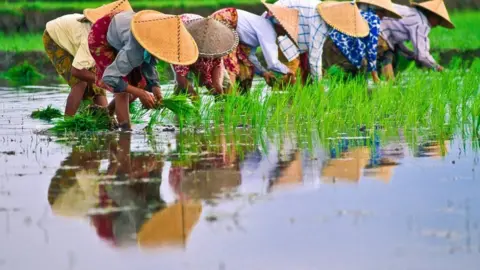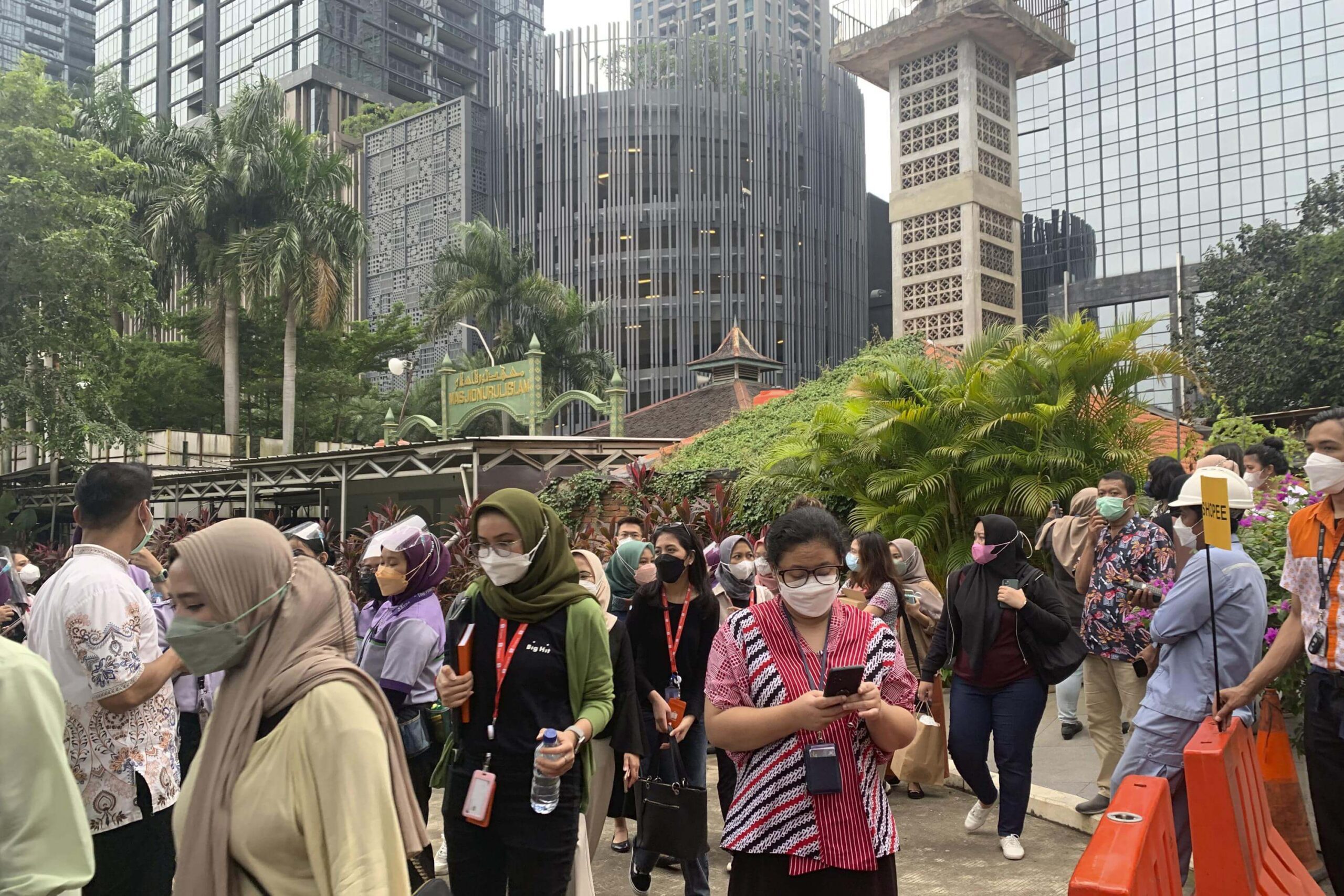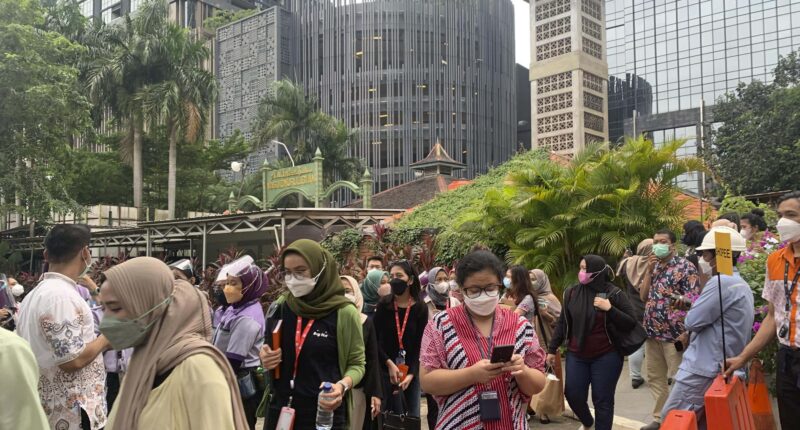In response to the anticipated shortfall in domestic rice production due to adverse weather conditions, Indonesia has decided to increase its rice import quota by 1.6 million metric tons for the year 2024. This decision comes on the heels of Indonesia importing nearly record-breaking volumes in the previous year, largely due to harvest delays caused by the El Nino-induced dry spell.
This new quota is in addition to the 2 million tons that were already sanctioned for import in 2024. The decision is primarily driven by the expectation of a reduced harvest during the January-March period, particularly in Java, Indonesia’s primary rice-producing region, where rainfall has been significantly below normal levels.
The increase in Indonesia’s rice imports has contributed to a surge in global rice prices, adding to the upward trend initiated by India’s export restrictions last year. India, being the largest global supplier, had a substantial impact on the market, which has seen rice prices reaching a 16-year high.
The price of parboiled rice from India, a major exporting hub, has hit record levels due to limited availability and a slight uptick in demand. Similarly, rice prices in Thailand and Vietnam, other key exporting countries, are hovering near their highest points since 2008.
The decrease in Indonesia’s rice production is expected to exacerbate the already tight supply situation, potentially leading to further increases in global rice prices. According to a Trade Ministry official, Indonesia’s rice production for the January-March period is projected to be 2.82 million tons lower than the previous year.
Efforts are underway to issue the necessary permits for the newly allocated import quota. Despite the decrease in production, the annual output target remains set at 32 million tons, maintaining the previous year’s estimate of 30.9 million tons.
The head of the National Food Agency emphasized the government’s current focus on fulfilling the initially approved 2 million tons quota, with the additional quota to be considered as and when required.
In 2023, Indonesia, which is Southeast Asia’s largest economy, imported approximately 3.06 million tons of rice, nearing its all-time high. Retail prices for rice in Indonesia are currently exceeding government-set limits due to concerns over supply shortages.















